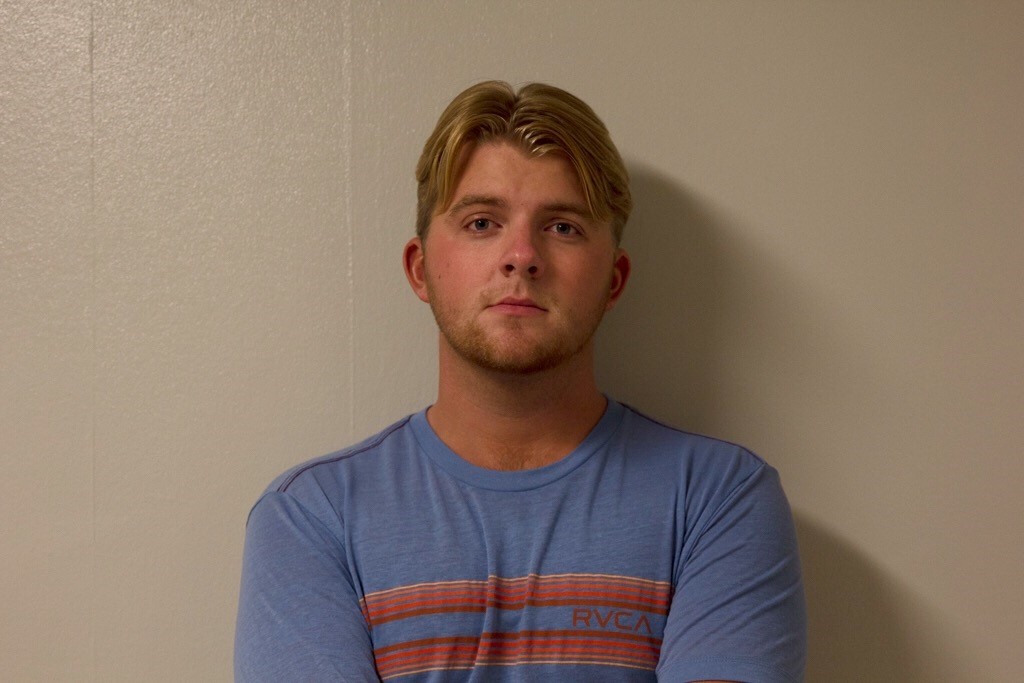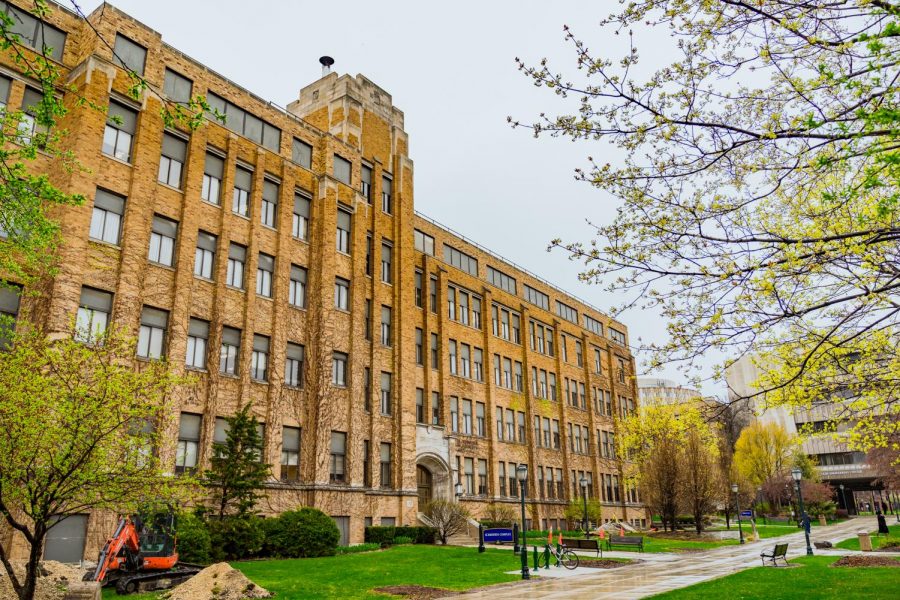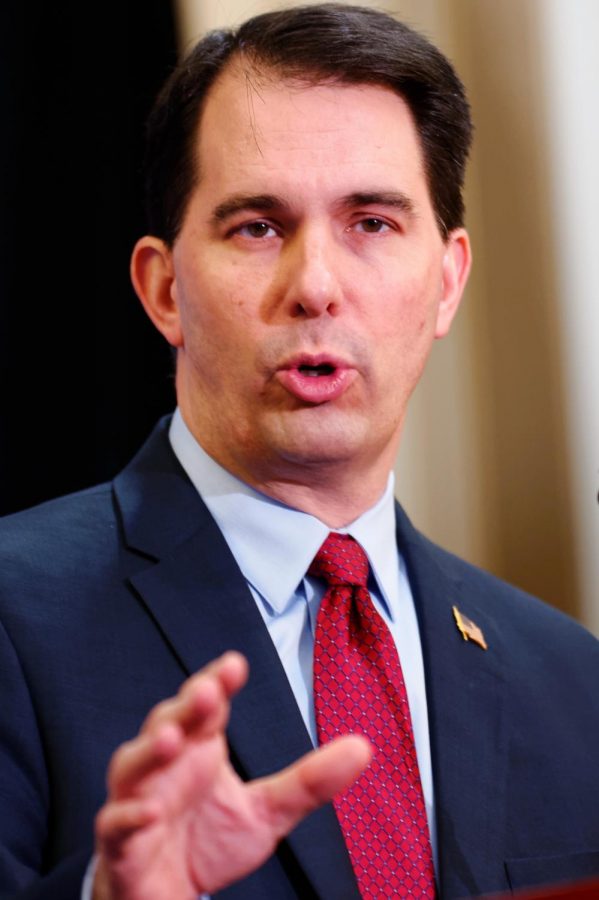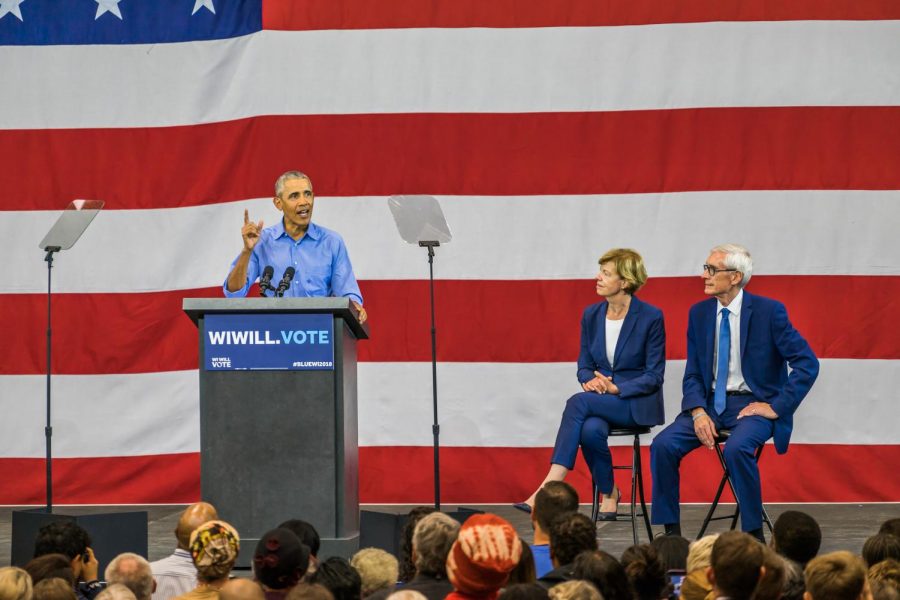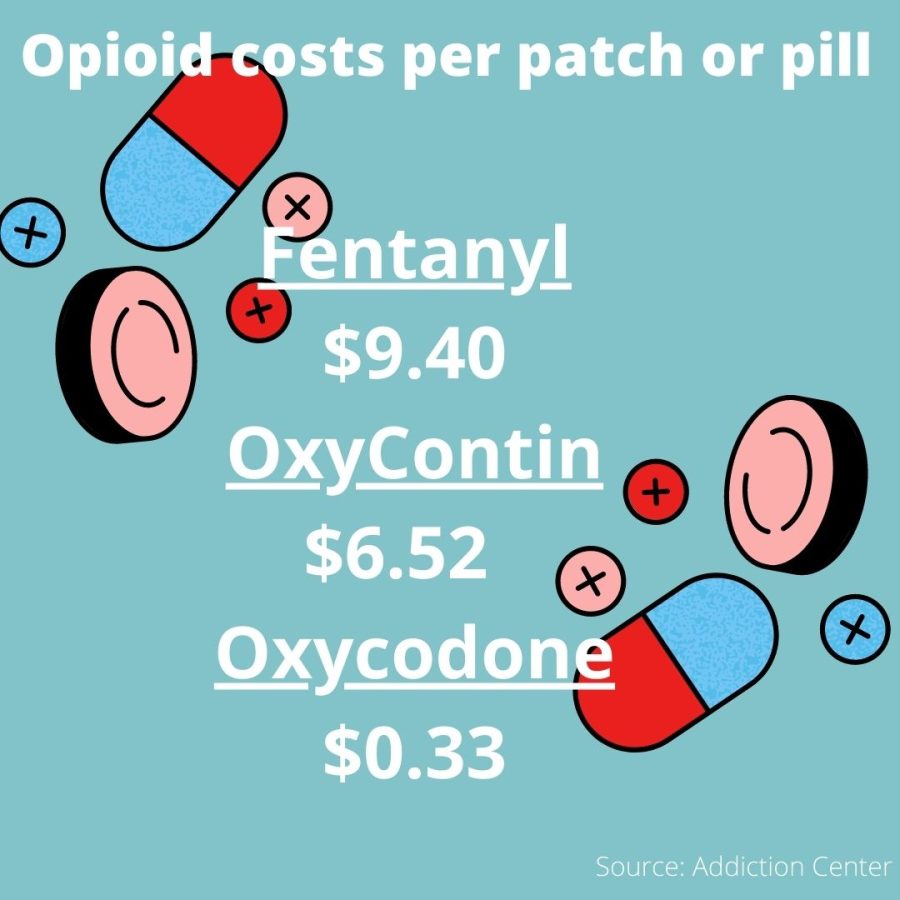It happened again. Another return to my hometown in New Jersey, another opioid overdose taking the life of someone I’d known since my childhood. It was alarming to not only have something so tragic happen so close to home, but for this kind of tragedy to be so common in this country.
The opioid epidemic has been taking its toll on the American public for decades, as well as lowering the average national life expectancy for two consecutive years. In 2017, the death rate of drug overdoses was nearly three times the rate of homicides in Milwaukee County.
These “unintentional” deaths as a result of overdoses are now the third most prevalent cause of death nationwide, trailing behind heart disease and cancer. Despite the toll this takes on the nation, it feels like nothing is being done to combat the problem.
The pharmaceutical companies of the United States are the guiltiest parties in this crisis. The aggressive advertising campaigns for products such as Percocet, Vicodin and OxyContin deliberately obscure the highly addictive qualities of these so-called wonder drugs, which have been over-prescribed for the past two decades.
In the mid-90s, pharmaceutical company lobbyists pushed new medical standards for pain treatment. This kind of exploitative lobbying led to the exponential increase in the sales and prescription of OxyContin over the next decade. The domestic production and distribution of opioids is a significant facet of a complex issue, yet receives less scrutiny than external counterparts.
This imbalance in blame puts blinders on policy makers and lets prescription opioid issues to fall through the cracks of legislation. In 2012, health care providers issued 259 million painkiller prescriptions nationwide, a total almost equivalent to the population of the country at the time.
A few years ago, my mom broke her shoulder while on a ski trip in Vermont and needed something to make the eight-hour drive home bearable. The urgent care physician, who we had never seen before and would never see again, prescribed 30 OxyContin for an eight-hour drive. This is just one example of the mentality healthcare providers have become accustomed to as a result of pharmaceutical companies influence on medical standards.
Unlike the Ronald Reagan era attitude of drug addiction as a crime to be punished, rhetoric in recent months is shifting toward addiction as a disease that requires support and treatment. While this is all well and good, this sympathy is because the crisis affects younger white people more than any other demographic. The ten leading states in terms of painkiller prescriptions are in the South, a predominantly rural area of the country with a large population of low-income white people. Other remote parts of the country follow this trend.
The economic anxieties present in large swaths of the country, especially in smaller and more isolated communities, deepen a growing discontent and push people into the grips of addiction.
Bipartisan efforts to combat the opioid epidemic have been passed. For example, a recent law was passed granting $9 million to Customs and Border Patrol to scan incoming packages for drugs like heroin and fentanyl. This cooperation seems to be non-existent in efforts to curb pharmaceutical companies’ role in the problem.
President Trump declared the opioid epidemic as a public health emergency in October, which means a fund is now in place to support the issue. This fund is operating with a whopping $57,000. That is not a typo. As a result of the interference from Big Pharma and the decisionmaking of the White House, only $57,000 have been commissioned to combat this national crisis.
It lies solely on the legislators of this nation to stop bowing to the demands of Big Pharma. If the corporate greed of the pharmaceutical industry isn’t curbed soon, small towns like mine will continue to lose their sons and daughters to the horrifying reality of opioid addiction.

